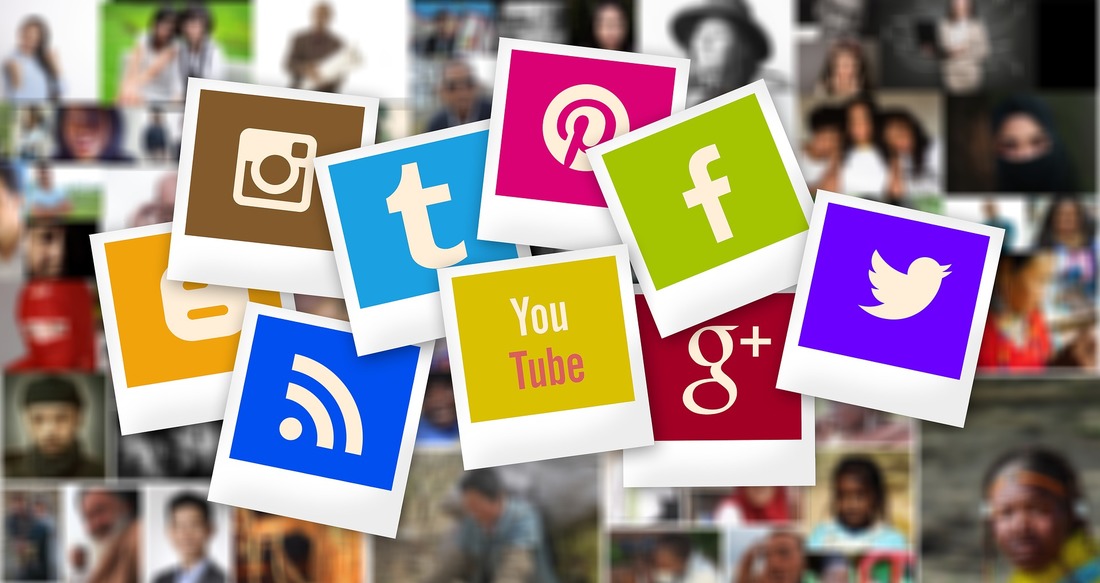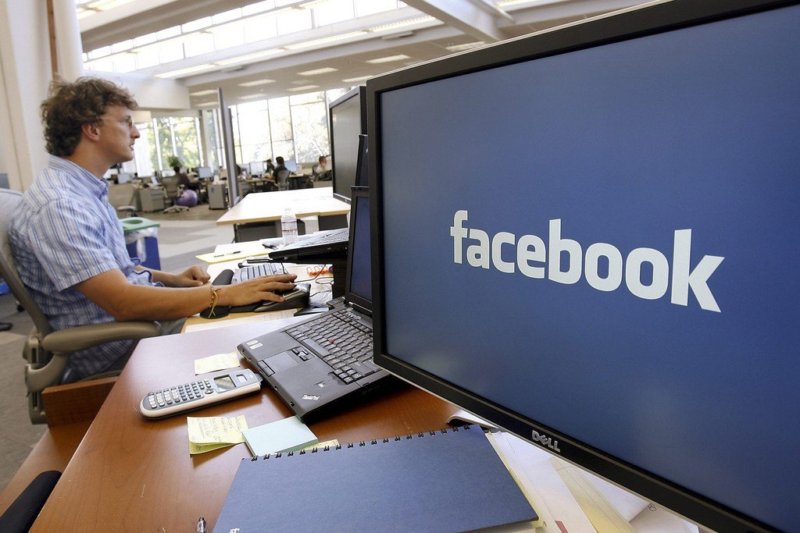Almost all Irish companies now use social media to promote their business, but just 19 per cent of them monitor usage despite concerns about it being used inappropriately by employees, a new study shows.
The survey reveals that 83 per cent of businesses have embraced platforms such as Facebook and Twitter, although only a third has restrictions in place.
According to The HR Department study of 420 small and medium-sized companies, 80 per cent of firms allow some or all of their staff to access social media sites for non-business purposes, even though 59 per cent aren’t sure of the benefits of doing so.
Some 57 per cent of firms surveyed said they worried about the impact of social media on productivity levels, while 41 per cent expressed concern about possible damage to their reputation.
Almost a quarter of companies who responded to the survey said they were afraid of confidential information being exposed on social media.
While businesses are concerned about employee use of Facebook, Twitter and other services, 73 per cent of Irish companies do not provide training on social media use and policy. In addition, a quarter of all businesses surveyed did not know what their social media policy covered.
Less than half felt their companies had enough experience to deal with HR issues relating to social media use, the study finds.
It also shows that 15 per cent of employers have had to take disciplinary action against an employee in relation to misuse of social media.
Copyright of The Irish Times Ltd.
For more helpful HR tips and advice, CLICK HERE to sign up to our monthly newsletter.






 RSS Feed
RSS Feed